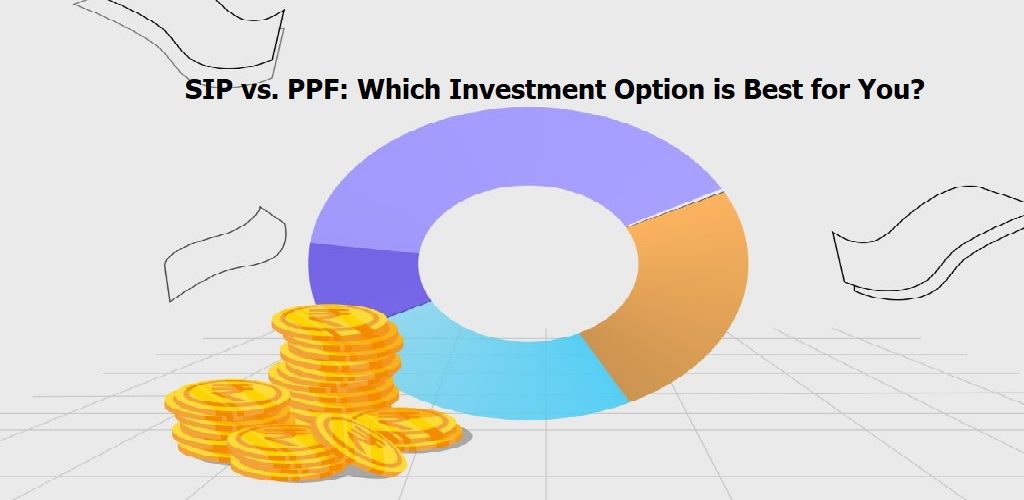You might have read in your history books about how kings used to expand their territories to become more wealthy and powerful, right?
Nowadays, it’s not about kings, but common people wanting to fulfill their dreams of ‘having a home’. The desire for a place to call one’s own has been a constant theme over time as it gives you a sense of wealth, power, ownership, and security.
Real estate holds the crown of one of the ‘most valuable assets in India’ because it delivers returns more than any traditional investment options. Though its value and demand never drop, it involves a lot of money and can get highly complicated sometimes. Therefore, it’s crucial to understand what you are getting into.
This guide will highlight how investing in real estate is done in India, the major criteria for property selection, and what things you need to keep in mind before making a purchase.
Continue reading for making a wise decision!
Market Size Of Indian Real Estate Industry (2008-2030)
As per the Statista report (published in 2023), the real estate industry in India had a remarkable growth in market size and is expected to grow to one trillion dollars by 2030. The market size from the year 2008 to 2017 and the estimated size till 2030 are as follows:
| Year | Market Size (In Billion U.S. Dollars) |
| 2008 | 50 |
| 2017 | 120 |
| 2020 | 180 |
| 2025 | 650 |
| 2030 | 1000 |
Because it’s been growing steadily, real estate is seen as a big supporter of India’s economy. However, there are a few major factors that are adding to this growth. Many people in India are young, and most of them are moving to cities for employment, so there’s a strong need for houses.
The COVID-19 pandemic initially impacted India’s real estate market, especially the residential sector. Strict lockdown measures affected housing sales, home registrations, and more. However, the sector has rebounded with increased house sales and new project launches.
The growth is also supported by a thriving corporate environment and the need for new office spaces. Due to this, the construction industry in India ranks third among the 14 major sectors, having a substantial economic impact. Not only is real estate important for the whole Indian market, but it’s also the second-biggest generator of jobs after the agriculture sector.
Ways To Invest In Real Estate In India
Investing in real estate in India can be done in the following ways:
Purchasing Lands:
Purchasing and holding land has long been a traditional and popular investment strategy in the real estate guide of India. In this approach, investors purchase property (residential or commercial) either through direct purchase or by obtaining a loan and then retain ownership of it for an extended period.
By taking full control of the property, investors can generate regular income through rental payments, benefit from the property’s appreciation in value over time, and take advantage of tax benefits through deductions and exemptions. It is a time-tested approach that offers both financial stability and potential growth, making it an attractive option for many individuals.
Real Estate Mutual Funds (REMFs):
REMFs combine the resources of multiple investors and then create a portfolio of real estate assets. One key advantage of this type of investing in real estate is its ability to buy and sell units of the fund on the stock exchange.
Unlike owning physical real estate, where it can take time and effort to sell a property, investors in REMFs can easily enter or exit their investment by trading fund units on the stock market. These funds generate income primarily through rental yields and capital appreciation.
Real Estate Investment Trusts (REITs):
These funds offer an indirect and passive approach to investing in real estate. Similar to purchasing units of a mutual fund, investors buy units of a REIT. REIT is essentially a company that owns and operates a diversified portfolio of income-generating real-estate assets, which can usually include commercial properties, such as offices, malls, hotels, and more.
That’s why investing in REIT is particularly beneficial for those interested in commercial properties. These trusts generate revenue through profits earned from equity and debt investments. As an investor, you receive a portion of these profits in the form of dividends.
Real Estate ETFs (Exchange Traded Funds):
Real Estate ETF is another indirect and passive investment tool usually recommended by various real estate guides in India. These funds are traded on stock exchanges, allowing investors to gain exposure to real estate assets without owning physical properties.
They are specifically designed to track the performance of a particular real estate index or a collection of real estate securities. A key advantage of these funds is the regular disclosure of their holdings, providing transparency and allowing investors to make informed decisions. Moreover, these funds are relatively lower in expenses as compared to other investment vehicles.
Real Estate Crowdfunding:
It is a financing mechanism that uses the collective contributions of various individuals to invest in real estate ventures. Crowdfunding platforms serve as a bridge to connect real estate developers or operators with interested investors.
The funds can be used for various real-estate-associated purposes, such as residential developments, commercial projects, renovation projects, or even loans secured by real estate assets. Moreover, people who invest through crowdfunding get the chance to be part of real estate projects with less money than usual.
3 Major Standards For Property Selection
In case investors want to pick the right property for investing in real estate in India, they must look for the following 3 important criteria:
- Pricing: Investors should carefully consider the property’s cost, including initial price, taxes, and maintenance costs. The primary goal is to get a good ROI (Return on Investment).
- Location: The property’s location is also crucial. Investors should prefer areas with growth potential, high demand, and convenient amenities.
- Property’s Specifications: Investors should look at things like how the property looks, whether will it become more valuable or not, and whether it suits the people they want to rent or sell it to.
These factors help investors make wise decisions that align with their financial goals and risk tolerance, ensuring successful real estate investments.
Things To Remember Before Investing In Real Estate In India
Before investing in real estate in India, it’s important to consider several factors to make the right choice. Here are some key considerations:
Conduct Thorough Market Research:
Study the real estate market nationally and locally. Know property values, demand-supply trends, and growth areas to evaluate if a property is overpriced or underpriced.
Don’t Hesitate To Take Expert Opinions:
Consult real estate experts to get deep knowledge of local and global markets. Their insights on trends and opportunities can guide informed investment decisions.
Verify Papers:
Check important papers to make sure everything is legal and approved, like zoning and building rules. Also, look at property documents to be sure the owner can sell it, preventing issues and confirming their right to sell.
Be Patient:
Finding the perfect property takes time and research. The real estate market changes, so patient investors can purchase wisely. Rushed decisions can lead to missed opportunities and long-term mistakes.
Have A Clear Exit Strategy:
Have a clear exit plan. Whether you want to keep the property for a long time, sell it later, or explore other options, having a clear exit plan helps meet your investment goals.
Final Thoughts
To summarize, investing in real estate in India is a complex endeavor that demands careful planning, skill, and attention. This guide has offered some valuable insights and important factors to consider for those entering the world of property investments.
As you embark on your investment journey, do so with confidence, equipped with knowledge and clear understanding. Remember that real estate investment is more than just buying properties; it involves making calculated decisions and strategic planning.
Happy investing!







